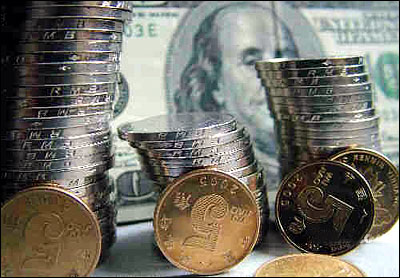The Renminbi (RMB), China's legal currency, is issued and controlled solely by the People's Bank of China. RMB exchange rates are decided by the People's Bank of China and issued by the State Administration of Foreign Exchange, the latter exercising the functions and powers of exchange control.

In 1994, China reformed the foreign exchange system, synchronized the official foreign exchange rate and the adjusted foreign exchange rate with RMB. RMB exchange rates adopted the bank exchange settlement system and set up a unified inter-bank foreign exchange market. On this basis, China included the foreign exchange business of foreign-invested enterprises in the bank's exchange settlement system in 1996. On December 1, 1996, China formally accepted Article 8 of the Agreement on International Currencies and Funds, and realized RMB convertibility under the current account ahead of schedule. Meanwhile, China has been active in promoting bilateral currency exchange between ASEAN and China, Japan and the Republic of Korea (10+3). At the end of 2005, China's foreign exchange reserves reached US$818.9 billion. China's share in the International Monetary Fund had risen from 11th to 8th place. The variety of financial businesses has grown steadily, and China has opened an array of new businesses to become integrated into the various aspects of modern international financial business, such as consumer credit, securities investment funds and insurance-linked investments.
